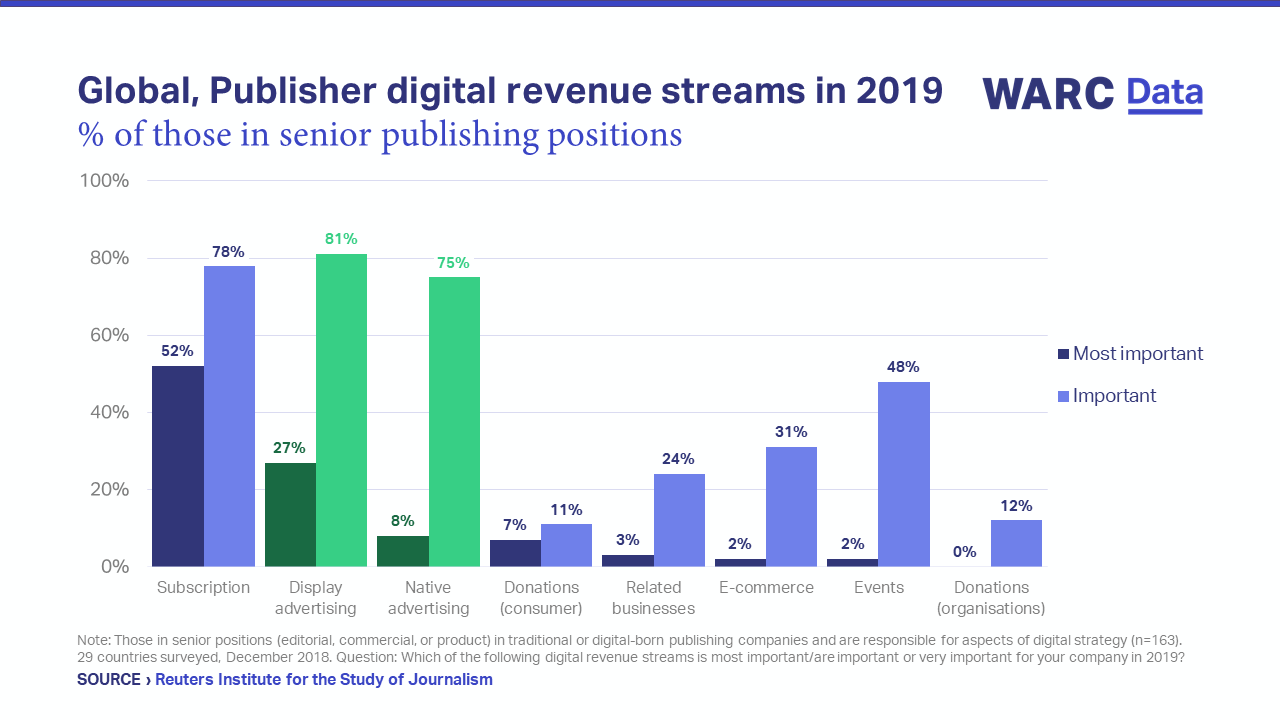E-commerce, and almost-everything-else giant Amazon is in talks with major US publishers concerning a deal that would see the company inject cash in return for overseas expansions of consumer oriented-shopping sites.
This is according to reporting from Recode, which says that Amazon is in talks with major US publishers including Buzzfeed, the New York Times, and New York Media.
While Amazon already maintains relationships with these publishers and more – e-commerce is an important part of their diverse revenue streams – the company believes that this business could grow significantly if they are able to find more readers (and therefore buyers) outside of the US.
The way affiliate marketing works is quite simple: publishers host a series of links to shopping sites and receive a minuscule cut of the action if a reader clicks through. The difference with these current talks, sources have told Recode, is that Amazon is proposing a variety of options that would give publishers money up-front, effectively underwriting international expansion efforts.
Many parts of the talks remain unclear: how much money, exactly? Which markets? The opportunity appears to be compelling enough that these publishers are taking Amazon’s position seriously.
All of the above already have significant affiliate marketing units. The New York Times, for instance, invested $30m in the shopping site Wirecutter. New York Media has done a very similar move with its Strategist title.
According to the Reuters Institute for the Study of Journalism, e-commerce is now an important revenue stream for 31% of global publishers, as advertising declines in importance. That same dataset found that just 35% of publishers enjoy an advertising business capable of being their main source of income.

Meanwhile, Fast Company reports that Google is also stepping up its shopping game in a move that could negatively affect affiliate publishers, as it could boost its own shopping channel’s recommendations far beyond results from Wirecutter and CNET.
Ultimately, what both stories reflect is the diminished ability of publishers to control their own destinies, as titans like Amazon and Google drag them into a broader war.
This is according to reporting from Recode, which says that Amazon is in talks with major US publishers including Buzzfeed, the New York Times, and New York Media.
While Amazon already maintains relationships with these publishers and more – e-commerce is an important part of their diverse revenue streams – the company believes that this business could grow significantly if they are able to find more readers (and therefore buyers) outside of the US.
The way affiliate marketing works is quite simple: publishers host a series of links to shopping sites and receive a minuscule cut of the action if a reader clicks through. The difference with these current talks, sources have told Recode, is that Amazon is proposing a variety of options that would give publishers money up-front, effectively underwriting international expansion efforts.
Many parts of the talks remain unclear: how much money, exactly? Which markets? The opportunity appears to be compelling enough that these publishers are taking Amazon’s position seriously.
All of the above already have significant affiliate marketing units. The New York Times, for instance, invested $30m in the shopping site Wirecutter. New York Media has done a very similar move with its Strategist title.
According to the Reuters Institute for the Study of Journalism, e-commerce is now an important revenue stream for 31% of global publishers, as advertising declines in importance. That same dataset found that just 35% of publishers enjoy an advertising business capable of being their main source of income.

Meanwhile, Fast Company reports that Google is also stepping up its shopping game in a move that could negatively affect affiliate publishers, as it could boost its own shopping channel’s recommendations far beyond results from Wirecutter and CNET.
Ultimately, what both stories reflect is the diminished ability of publishers to control their own destinies, as titans like Amazon and Google drag them into a broader war.
Sourced from Recode, WARC, Fast Company; additional content by WARC staff
